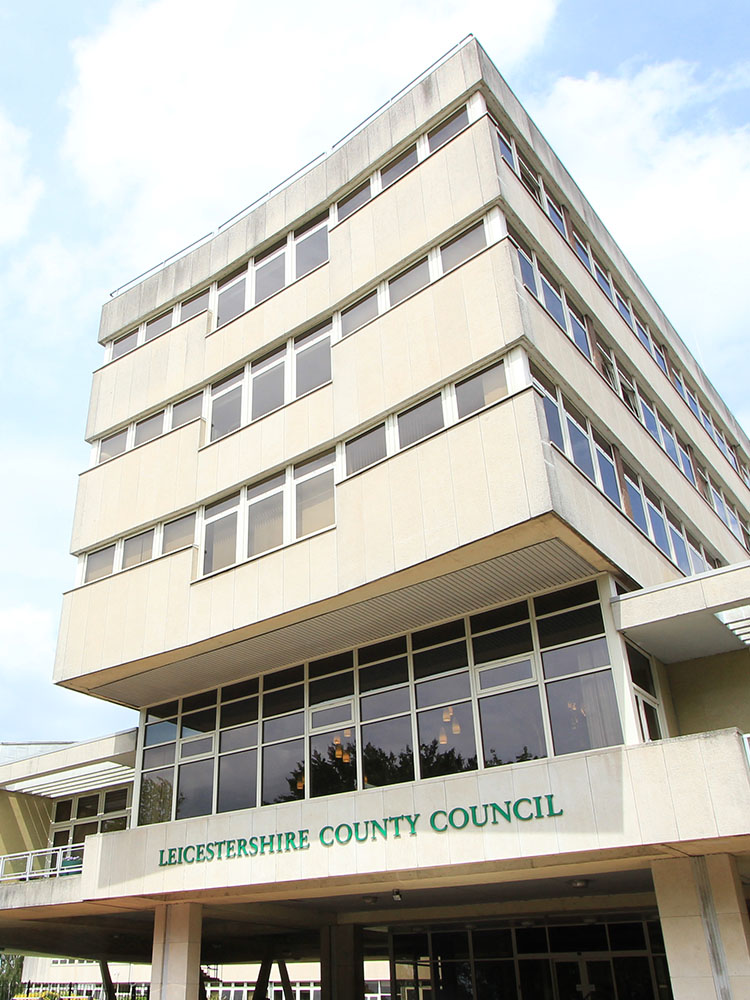This page relates to developer contributions towards county council infrastructure. Information on district and borough council contributions, as well as contributions towards Leicester City Council infrastructure can be found on their websites:
New development can create impacts on infrastructure and services and where this occurs, the county council seeks to ensure that developers make necessary provision, known as developer contributions or planning obligations.
Developer contributions or planning obligations are secured through legal deeds called S106 agreements or unilateral undertakings. Planning obligations contribute towards sustainable communities by enabling development to take place and mitigate the impacts of development to help make it acceptable in planning terms. Find out more about the planning obligations process below.
Over the next 30 years Leicestershire faces major growth. To meet the challenges and opportunities this presents, the county council has revised its developer contributions policy to ensure it enables the necessary and proper provision of infrastructure and services which will be needed to support the areas of growth and its local communities. A monthly and annual summary of our performance is provided below.
Planning obligations process
Discussions about planning obligations should take place as early as possible in the planning process. We welcome pre-application discussions, in conjunction with the Leicestershire district and borough councils, to prevent delays in finalising those planning applications which are granted subject to the completion of planning obligation agreements.
We’ve put together a short guide to give you an understanding of the process Leicestershire County Council goes through in order to determine our requests for developer contributions. This process is governed by our planning obligations policy.
Planning obligations policy
Leicestershire County Council has revised its developer contributions policy – the Leicestershire planning obligations policy was adopted by the county council on 10 July 2019 and it replaces the Statement of Requirements for Developer Contributions in Leicestershire.
Infrastructure funding statement
New homes are needed across Leicestershire and providing the roads, schools, libraries, waste and other community facilities required will cost many hundreds of millions of pounds over the next 15 years. Leicestershire County Council works closely with housing developers to secure contributions, known as section 106 agreements, which help to pay for this infrastructure.
The government requires all councils in England to publish an infrastructure funding statement each year detailing payments made through section 106 agreements and the Community Infrastructure Levy. It sets out details of the contributions used during the financial year, plus contributions sought and received from developers to support the funding of this infrastructure as and when it is required in the future.
Section 106 monthly data
The reports contained within this section set out what contributions have been secured in new section 106 agreements, or unilateral undertakings for proposed development across the county. The reports also set out the county council's requirements for infrastructure from developers, and also where the Leicestershire district and borough councils have rejected our requirements.
